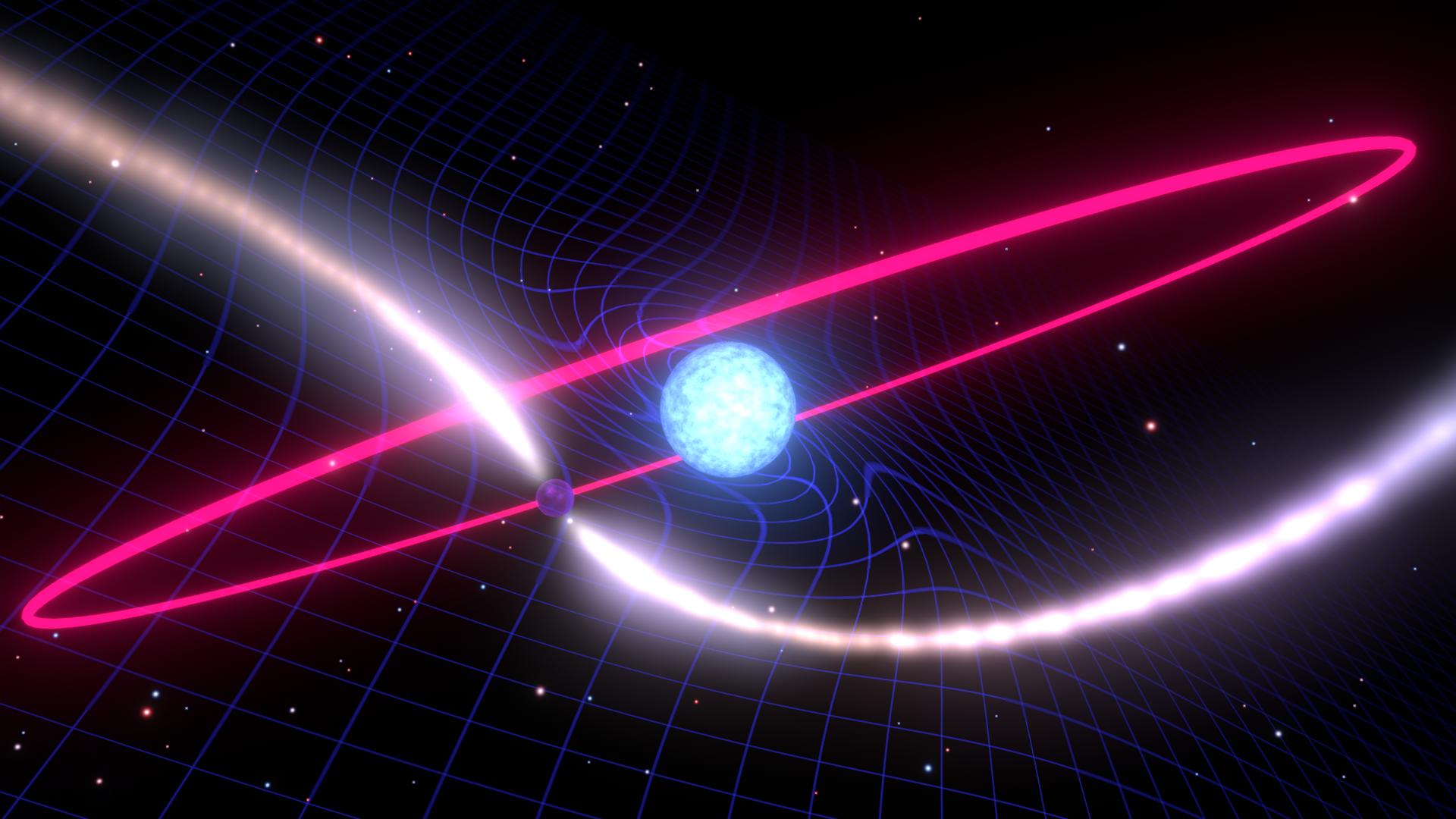Dream of a Final Theory || The Final Theory
Well, seriously
what if, there present a theory of everything? What impact would it have on our
lives and lifestyle? Could it drive us further or deteriorate us? Well, no one
can say as there is none.
Well, science is
driven by two main thrusts- 1. Unification. & 2. Reduction.
These two thrusts
are interlinked in a very crazy manner. Let me explain, we have to find a
theory of everything (the ultimate result of unification), but we can’t just
make it, as universe is too vast to consider at once. So, we decided to break
all of it’s phenomenon into certain groups, where we study on its underlying
principles, which give us some discrete result (result of reduction). Then further working on those
discrete results we try to unify them. As like, Maxwell unified electricity and magnetism, De-Broglie unified wave and particles and many more.
The concept of theory of everything dates back Laplace, as per him the whole universe is deterministic. And as per the thought he also thought that there must be a set of theory that explain every single event taking place in this universe, even the behavior and instincts on the basis of observation of a single random incidence. Well, this concept was standard prediction for the scientists of early twentieth century.
Then in 1926, a
tragedy took place for the dreams of Laplace. That year Werner Heisenberg put
forth his famous ‘Uncertainty principle’. It cost Laplace’s dream of
determinism. As per Heisenberg’s uncertainty principle if you are observing
something, you are disturbing the element you are observing, hence you can
never be able to note down the real state of the element you are observing, you
are always observing the disturbed state. So, when we can’t measure something
accurately then how can we predict about its consequences. And at this point
Laplace’s dream for a theory of everything.
The uncertainty
principle says that whenever we need to observe something we need to put light
(is a form of energy) on the substance we are observing which excite/energize
the particles (atoms and molecules) present in it, on excitation it change its
position and energy, hence we can never measure the actual position and energy
of a particle. Mathematically it is []
(where is error measurement in position of that particle,
is inaccuracy in measurement of momentum, and
is plank constant. (Value (
) =
6.626 ×10-34 Js))
Then what about our vision, as light is a must requirement for what we see and every substance is made up of particles (atoms and molecules). When light falls on atoms or molecules they get energized and due to that very reason they change their position, which left us unable to measure their true position. Then question may arise- Is whatever we see is illusion? Well, we definitely can’t measure the position and momentum of particles, but, it’s consequences is not applicable to macroscopic world, where substances (aggregate of particles ) merely observe de-Broglie wave, as here mass and velocity are both very large. And that’s the reason which explains reality is not an illusion, as higher mass and velocity require large amount of energy to bring changes in it’s position and momentum, which is not there in visible light. So, there is nothing to worry about what we see. What we see is reality and not an illusion.
Aside Heisenberg there were many more physicist who contradicted the theory of everything and Laplace’s determinism.
Even after all this there arose a new hope for the theory of everything with emergence of quantum mechanics, quantum gravity is an active field of research on the way to achieve a Theory of everything. Even string theory and M-theory are considered to be the theory of everything. These theories says that every particle in this universe are interlinked, that implies bringing about change in one particle anywhere in this universe cause a change in state of the whole universe.
“In the history of science we have discovered a sequence of better and better theories or models, from Plato to the classical theory of Newton to modern quantum theories. It is natural to ask: Will this sequence eventually reach an end point, an ultimate theory of the universe, that will include all forces and predict every observation we can make, or will we continue forever finding better theories, but never one that cannot be improved upon? We do not yet have a definitive answer to this question, but we now have a candidate for the ultimate theory of everything, if indeed one exists, called M-theory. M-theory is the only model that has all the properties we think the final theory ought to have, and it is the theory upon which much of our later discussion is based.
M-theory is not a theory in the usual sense. It is a whole family of different theories, each of which is a good description of observations only in some range of physical situations.”
― The Grand Design
Reference: "A Brief History of Time: From Big Bang to Black Hole" -by Stephen Hawking.




